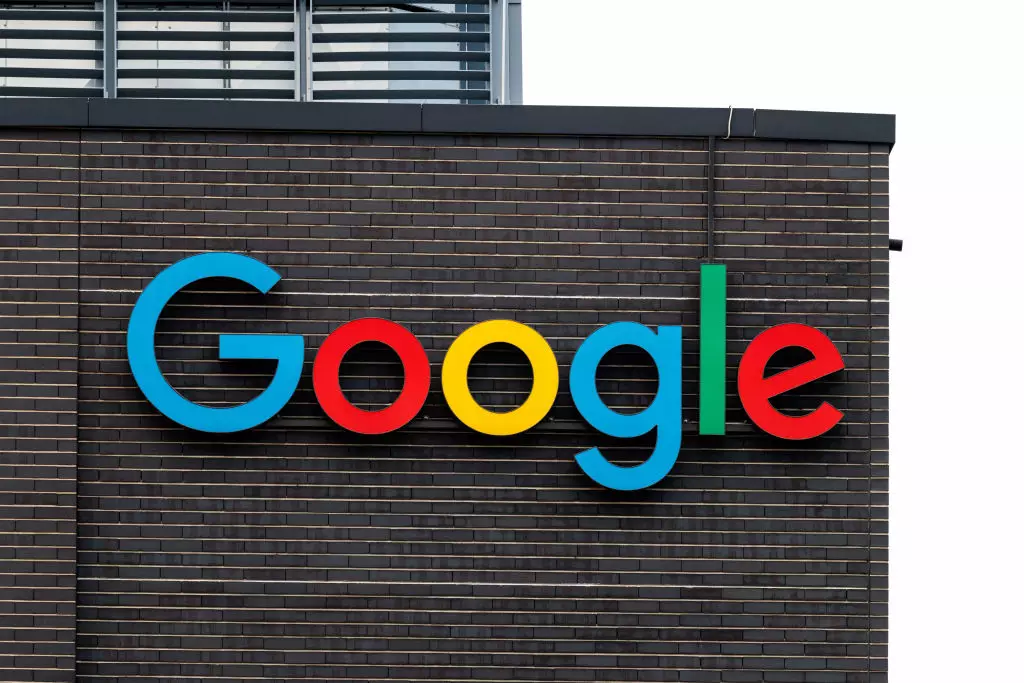In a significant step forward for digital inclusivity, Google has recently unveiled a series of powerful AI-enhanced features aimed at transforming the user experience for individuals with disabilities on its Android and Chrome platforms. At the forefront of these advancements is the integration of Google’s generative AI model, Gemini, into TalkBack, the screen reader designed specifically for users who are blind or have low vision. This game-changing capability allows users to not only receive descriptions of images but also engage interactively with their content—asking questions and receiving detailed answers.
Imagine receiving a photo from a friend showcasing their latest musical instrument but being unable to appreciate it visually. With the new functionalities, users can inquire about specific attributes like the brand or color of the guitar, bridging a long-standing gap in the way visually impaired individuals interact with digital media. This feature reinforces the notion that technology should enhance the user experience, making the digital world more navigable and engaging.
Elevating Communication with Expressive Captions
Another noteworthy enhancement comes in the form of updates to the Expressive Captions feature on Android devices. Leveraging cutting-edge AI technology, this feature captures not just what is said but also how it is articulated. In practice, this means that users can now detect nuances in speech that convey emotion and emphasis. For example, the distinction between a standard call of “no” and an elongated “nooooo” adds layers of understanding to communications that were previously lost in transcription.
The introduction of new sound labels indicates a commitment to making conversations rich and engaging, whether it’s detecting the cheerful whistle of a passerby or the subtle throat-clearing that often precedes important announcements. This push towards more comprehensive verbal communication through technology underlines Google’s dedication to creating an inclusive digital space where nobody feels excluded from essential interactions.
Enhancing Digital Interaction with Optical Character Recognition
In yet another effort to elevate accessibility, Google has introduced Optical Character Recognition (OCR) for PDF files in the Chrome browser, effectively democratizing access to documents that were traditionally difficult to navigate for screen reader users. Previously, scanned PDFs presented significant barriers, rendering them nearly impossible to extract usable text from. Now, with the OCR capabilities, users can perform essential tasks such as highlighting and copying text seamlessly, as well as using their screen readers to read the content aloud.
This feature marks a monumental shift in how users interact with digital documents. The ability to effortlessly navigate PDFs empowers users to engage more fully with their content, whether for work, study, or personal interest. The new OCR capabilities signify Google’s unwavering commitment to ensuring that essential information remains within reach for everyone, irrespective of their abilities.
Customizable User Experience with Page Zoom
Chrome on Android is also getting a much-needed accessibility update with customizable Page Zoom functionalities. This enhancement allows users to manipulate text size without altering the entire layout of the webpage. Such flexibility means that users can tailor their browsing experience to best suit their visual comfort—an invaluable feature for those with vision impairments.
The prospect of adjusting the zoom level to personal preference is a testament to Google’s understanding of the diverse needs of its users. Users can opt to apply these preferences universally or selectively, ensuring that browsing remains a highly personalized experience. This thoughtful feature exemplifies how even minor adjustments can significantly enhance usability for people with varying needs, underlining a broader commitment to user-centered design.
A Future-Forward Approach
Google’s rollout of these AI-driven features represents not merely a technological enhancement but a profound shift towards inclusivity and accessibility in the digital landscape. By harnessing the capabilities of artificial intelligence, the tech giant is not only innovating but also setting a standard in how digital tools should evolve. These efforts highlight the importance of empowering all users, offering them a digital environment in which they can explore, learn, and connect confidently, regardless of their abilities. Google’s proactive approach to accessibility can inspire others in the tech space, driving the industry towards a future where inclusivity is foundational rather than an afterthought.

